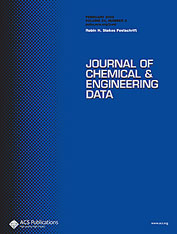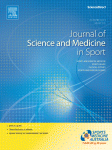
The Queen Mary University of London has withdrawn the PhD thesis of an intellectual property lawyer who was previously accused of plagiarism.
We first covered Angela Adrian last year, when she lost three papers on how to apply intellectual property laws and ideas in the age of the internet. (The irony did not escape Adam, who linked to Alanis Morissette’s ballad “Ironic.”) She is now the chief knowledge officer for reputation management firm Icondia, which helps the rich and famous “protect their unique and priceless individuality in the 21st century.”
It’s not clear what the investigation entails; a spokesperson for the school declined to give details “at this stage.” The thesis — about strengthening personality and property rights in the world of online gaming — is unavailable on the university website. Instead, this message is displayed when you try to access it at Queen Mary Research Online (QMRO): Continue reading IP lawyer/plagiarist’s PhD thesis under review








